
by Dr Stuart Lange | 13 Sep , 2024 | About Christianity, Articles, Christianity in New Zealand, The Church
This week, over 400 Christian leaders signed an open letter expressing their commitment to Te Tiriti o Waitangi, their opposition to the proposed Treaty Principles Bill, and urging MPs to vote down the Bill and not allow it to go to the Select Committee stage. See the letter below.
It was impressive that so many Christian leaders were able to speak out in defence of Te Tiriti. This is indicative of widespread Christian concern about the cultural divisiveness of our time, and reflects a Christian desire for reconciliation rather than for angry polarisation.
On this and any other matter of ethics and justice, Christians have both a responsibility and a democratic right to speak up, just as secular people do. We need more of that from Christians, on all sorts of issues. On many things, of course, there is more than one Christian viewpoint, and Christians should always try to speak with love and respect.
The New Zealand Christian Network fully agrees that it is very important for Christian people, and our whole nation, to uphold the integrity and ongoing relevance of Te Tiriti, and to honour its covenantal nature.
Some aspects of Te Tiriti’s intended meanings remain subject to reasonable debate. Discussions of that need to be based on the historic text, rather than imposed from any extraneous ideological basis.
As a politically non-aligned Christian unity movement, the New Zealand Christian Network leadership appreciated the open letter but chose not to sign it on behalf of our members, primarily because it was quite specific in its political content and strategy.
There is no question that in the past Te Tiriti was shamelessly dishonoured and breached, with tragic, long-term consequences.
We suggest that the only way forward for New Zealand lies in generosity of spirit, intercultural reconciliation and healing, and constructive partnership. We all need to work and pray for that.
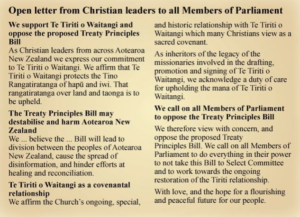
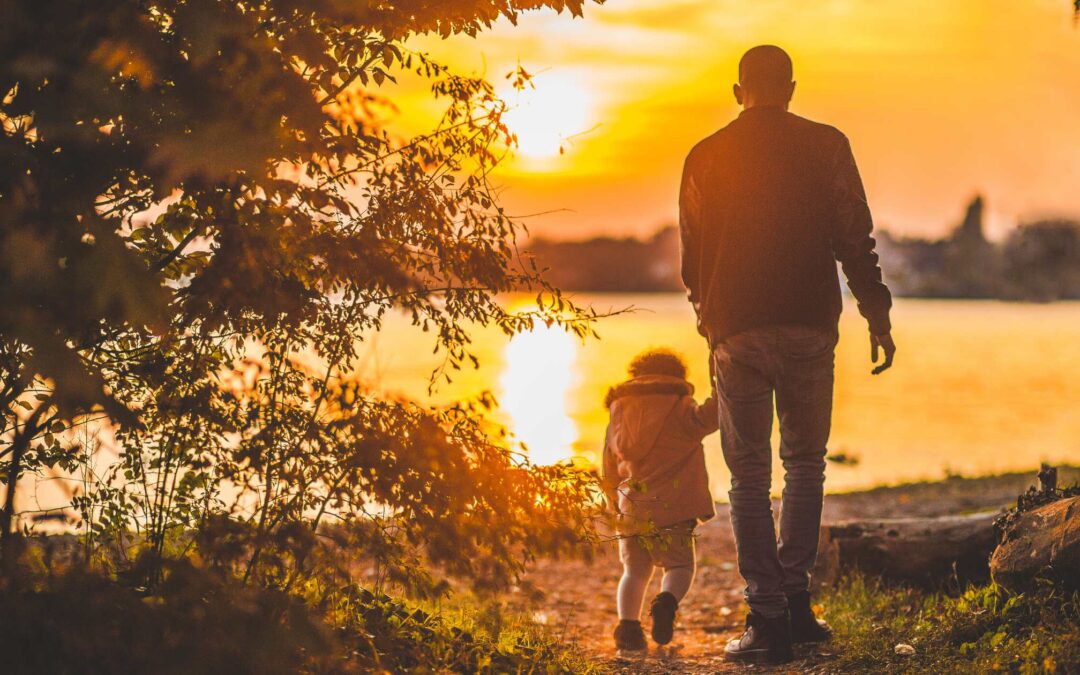
by Dr Stuart Lange | 30 Aug , 2024 | About Christianity, Articles, FOCUS, Marriage and Family
The only perfect father is our heavenly Father, the ultimate source of all life, love, and goodness.
Most human fathers do a reasonably good job of parenting and do their best to support and encourage their children. As flawed human beings, though, none of us gets everything right. All fathers can at times be impatient, irritable, selfish, neglectful, or overly harsh. However, children are wired to trust and love their parents, and generally cope okay with our imperfections.
The high level in our society of part-time or absent fathers is far from ideal.
Tragically, some children are exposed to fathers (or other males living in the home) who may be variously indifferent, demeaning, cruel, under the influence of drugs or alcohol, prone to rage, violent, or committing abuse. Seriously bad fathering causes serious long-term harm.
What can Christian men do to be the best fathers they possibly can?
Here are three things to consider:
- In both word and action, profoundly love your children. Give them the loving fatherly attention, affection, and guidance they really need. Don’t neglect them, don’t belittle them, don’t condone unacceptable behaviour, don’t be excessively strict, don’t punish harshly. Be accessible, be gentle but firm, be as calm as you can, be reasonable, be fair, be kind, have fun with them, teach them about God (Deut. 6:6-7), and give them good boundaries. Be determined that you will never do them harm (Ephes. 6:4).
- Give your children a credible example of what it means to follow Christ, to love God and love others, to be shaped by God’s values and led by the Spirit, and to be committed to serving God and others in and beyond the church. Read the Bible with them, pray with them and pray for them, and be actively involved with them in a good church.
- Give your children a great example of what it means to be a loving, faithful, considerate, gentle, and caring husband (Ephes. 5:25,28), and what it means to be a good father.
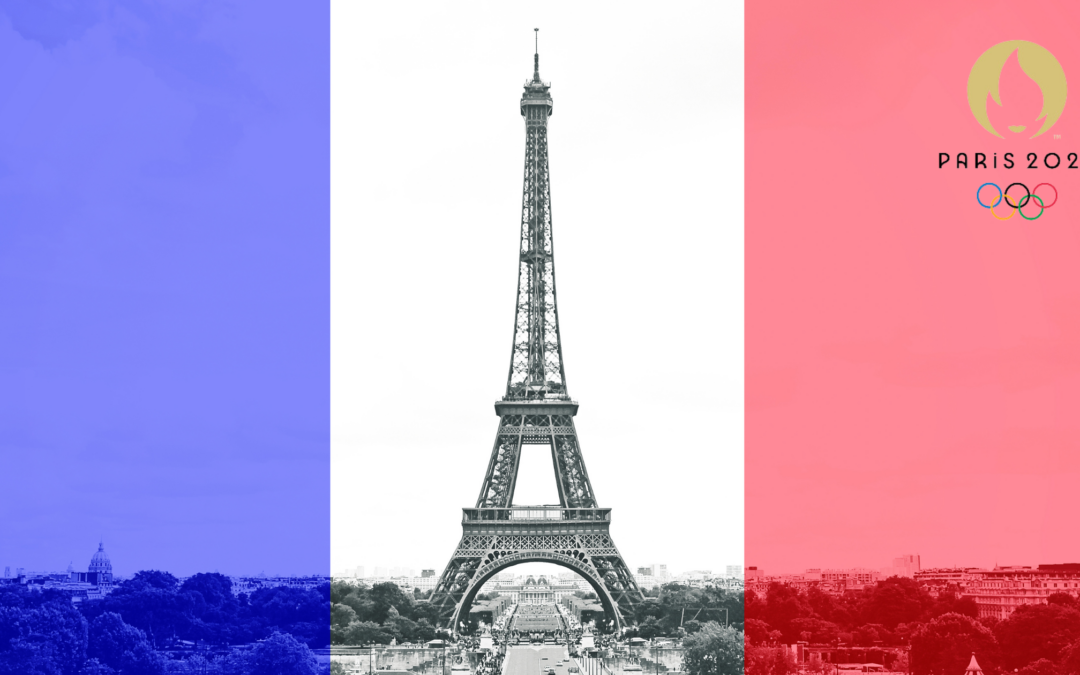
by Malcolm Falloon | 19 Aug , 2024 | About Christianity
As the Paris Olympics came to an end, many Christians were hoping that the closing celebrations did not repeat the controversies of the opening ceremony. During the opening, a tableau vivant (living picture) was presented based on da Vinci’s The Last Supper, but with Christ and the twelve disciples replaced by a woman surrounded by drag queens, and instead of the bread and wine, the participants were being invited to feast on a blue-skinned man apparently meant to represent the Greek god, Dionysius, though probably also referencing the Hindu god, Vishnu.
Christians around the world were rightly shocked at a display that appeared to mock their religion.(1) Since then, there have been various denials (it was, we are told, actually a celebration of “community and tolerance”), along with a “soft” apology from the official spokesperson (“If people have taken any offence we are, of course, really, really sorry”). This was then followed by the prompt removal of all traces of the opening ceremony from the official Olympic social media platforms.
How should Christians respond to things like this? Should they be demonstrating outside French Embassies as did controversial social influencer and recent Muslim convert, Andrew Tate? He posted on X: “I am protesting outside of the French embassy for mocking Jesus during the Olympic ceremony… I do this as a Muslim. WHERE ARE THE CHRISTIANS?”(2) Elon Musk, a self-identifying cultural Christian, posted: “Unless there is more bravery to stand up for what is fair and right, Christianity will perish.”(3)
To a certain extent, I agree that Christians do need more courage and clarity when they speak, particularly when they speak of the Gospel of Jesus Christ. But whether Christians need to rise up and defend their honour, let alone the honour of their crucified Saviour, is another matter again. To my mind, I suspect that Musk and Tate have not fully grasped what it means to follow Jesus, who declares his followers “blessed” when others revile and persecute them (Matt.5:11), and who calls upon them to “turn the other cheek” when insulted (Matt.5:39). As Christians we have already embraced the shame and ridicule of the Cross. The mockery of this world no longer has any power to shame us. Instead, the 2024 Opening Ceremony tells us more about the chaos and confusion wrought by the gods of this age, and points again to the desperate need of our modern world to still hear of a Saviour’s love(4).
1 https://cruxnow.com/church-in-europe/2024/07/paris-olympic-committee-makes-soft-apology-for-last-supper-drag-parody
2 https://www.news.com.au/sport/olympics/mocking-jesus-tate-brothers-and-protesters-storm-french-embassy-after-controversial-olympic-ceremony-move/news-story/1593b97fa62265ebf54b403c0fb56a32
3 https://x.com/elonmusk/status/1817273263761817710?lang=en&lang=en
4 https://au.thegospelcoalition.org/article/a-short-history-of-linking-jesus-and-dionysus/
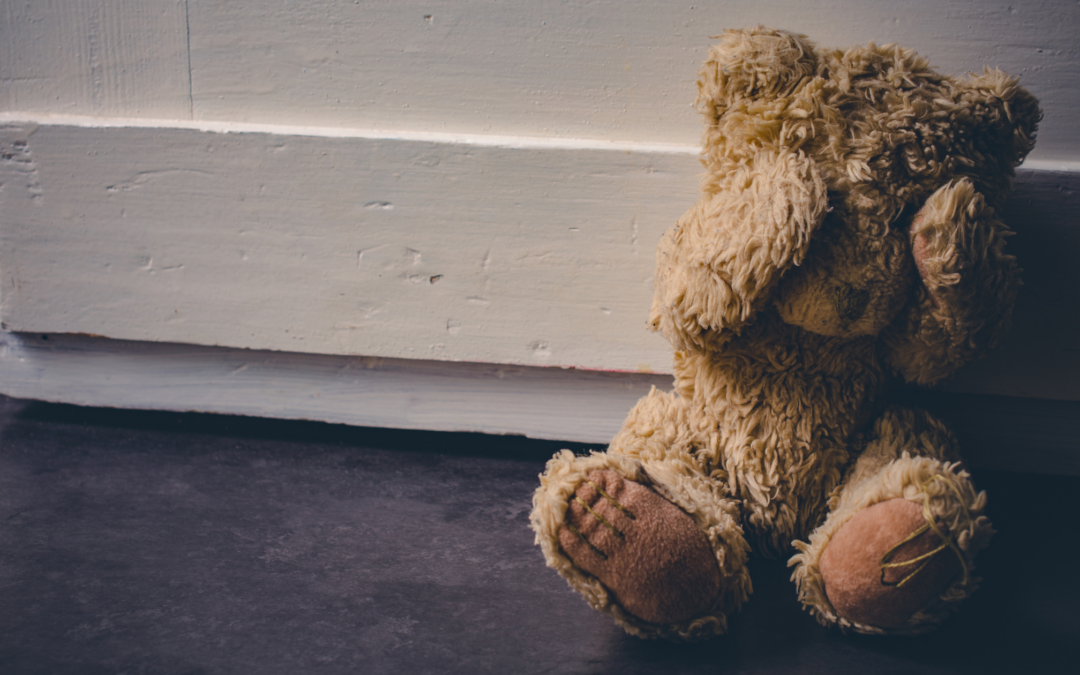
by Dr Stuart Lange | 25 Jul , 2024 | About Christianity, Articles, Christianity and Social & Moral Issues, Christianity in New Zealand, The Church
The very thorough, multi-volume report of the Report of the Royal Commission into abuse in State and faith-based care (covering the period 1950-1999) was released this week. The Royal Commission met for six years and heard from 3,000 survivors of abuse. It is clear from the Interim Report that the full report (few will have read it all yet) will be harrowing reading, with much evidence of horrific abuse of vulnerable children, young people, and adults, especially in care facilities. That included appalling emotional, physical, racial, and sexual abuse, and may have affected at least 200,000 people. Such abuse is most often profoundly harmful, with life-long consequences. We feel deep sorrow for those who have suffered.
It is fair to say that, from a Christian and biblical perspective, any form of abuse is invariably wrong and evil. All such abuse goes against core Christian values: goodness, kindness, respect, compassion, integrity, and self-control. Abuse of others can never be justified, never be defended, never be overlooked.
Given the scale of State involvement in care, much of the abuse took place in State institutions. But it is doubly appalling to us that much of the abuse also took place in church-related contexts, including some church-run children’s homes and schools. Such abuse is completely inexcusable. We feel anguish that this happened, utterly contrary to Christian principles, and anguish that sometimes it still happens.
As a matter of justice, many survivors of abuse will no doubt be seeking financial reparations from those entities (whether the Crown or church denominations) under whom they suffered abuse. We must respect that process.
A key response of every church must now be to be extremely vigilant, and do everything we possibly can to prevent abuse ever happening in our own spaces. Churches that do not yet have rigorous safety and reporting systems should waste no time in ensuring they are in place.
And, finally, we call for Christians to pray about all this:
-
that Government and churches may fully face the awful truth of what happened
-
that perpetrators may find true repentance and remorse for what they did
-
that, by the grace of God, many survivors may experience some healing
-
that we might all be extremely careful to protect the safety and wellbeing of all those under our care

by Dr Robert Siakimotu | 19 Jul , 2024 | About Christianity, Articles, Christianity in New Zealand, The Church
We all know that church attendance in New Zealand is not on the increase, and a lot of people in our country are staying away from church. But the streets and markets are populated with people almost every day, and in my own experience over the last 45 years I have found that a great many of those people are longing for spiritual reality and hope.
While sharing the Gospel in outdoor public contexts is not something that all Christians are keen to do, I strongly believe it is still very important for the Church to be involved in sharing Jesus in such settings. The various outdoor markets around Auckland offer great opportunities for a local church or a group of churches to work together and regularly engage with hundreds of unchurched people. I have found many of those people are willing to stop and talk and listen as I have engaged them in a meaningful conversation about life and its challenges, and about the hope and future that is offered to us in Christ. I have very frequently been able to talk with people about the Gospel.
The biblical framework
The troubles of his people in Judah and the broken walls of Jerusalem burdened Nehemiah and motivated him to do something about it. He ‘prayed to the God of heaven…’ (Neh. 1:4; 2:4). He knew what he needed to do to fix the broken walls. Today we have broken lives that only Jesus can heal and restore, and we have the people empowered by the Holy Spirit and resources gifted by God to do the job.
The encouragement
The Mangere market outreach happens nearly every Saturday. It is a battlefield, with several cults operating at the same market as well. Several Christian folks are there almost every Saturday doing their own thing, but it is encouraging to work together with a group of young Pacific Island evangelists, men and women from several local churches in South Auckland, united in sharing the Gospel. Planting the seed of the Gospel in people’s minds and hearts and letting the Holy Spirit do His work in them is the focus (Isaiah.55: 10-12). Meaningful conversations about the Gospel happen regularly, and some people are led to Christ.
The challenge
As Jesus said, ‘The harvest is plentiful, but the workers are few’ (Matt. 9: 37). Both are still true. There is still a ready harvest in New Zealand. And we still need more workers. I encourage local churches to lift up their eyes, and to see the open doors in our communities, and to ask Lord of the harvest to lead us and help us take the Gospel to the people in our streets, markets, city squares, and everywhere else. It is always time to gather the harvest.
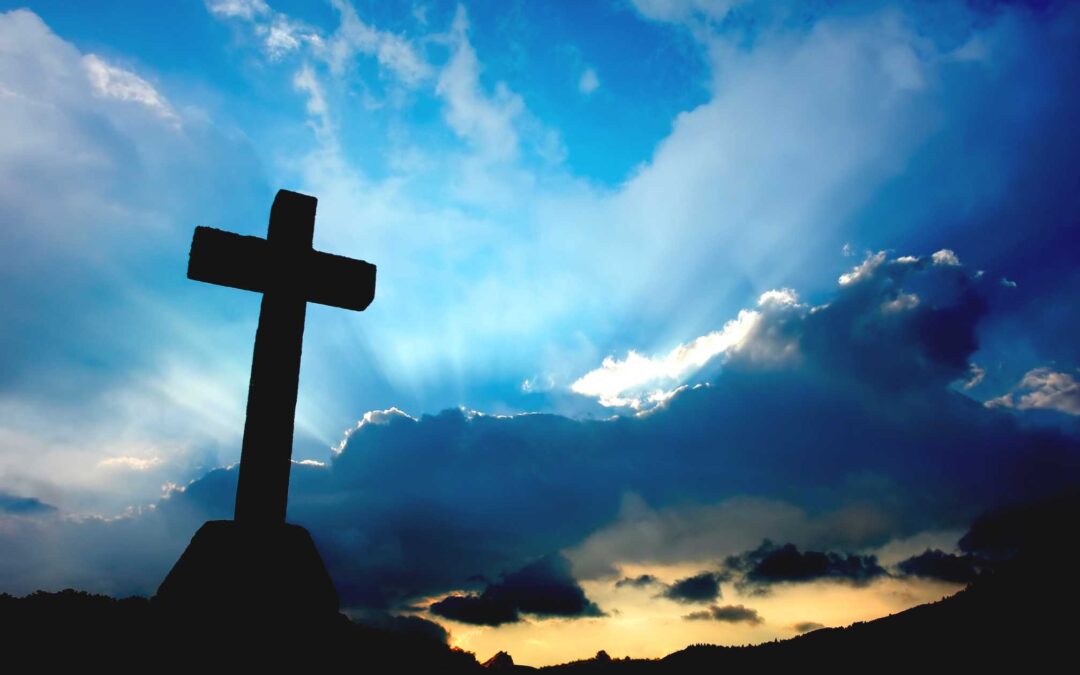
by Dr Stuart Lange | 11 Jul , 2024 | About Christianity, Articles, Christianity in New Zealand, The Church
Spiritually, Christian believers are immensely privileged. We have been reconciled to the awesome Creator of the whole universe, through his Son we have received grace, forgiveness, love, truth, and restoration, the Spirit of God is renewing our hearts and minds, and we belong to God for ever. All this is very good news.
We are not called to keep that good news quiet. Christians are called to bear witness to Jesus in our lives, actions, and words. We called to be light (Matt. 5:14-16), reflecting the Light of the world (John 8:12). We are called to be Christ’s aroma (2 Cor.2:15-16), his living letters (2 Cor.3:3), his ambassadors (2 Cor. 20), his witnesses (Acts 1:8), his apologists (1 Pet. 2:15), his disciple-makers (Matt. 28:19-20), his workers in the harvest (Luke 10:2), and those who go ‘fishing for people’ (Mark 1:16).
But how? Many people in New Zealand are unbelieving, apathetic, distracted, confused, and spiritually resistant. But the world has always been like that, in every time and place. The Light continues to shine in the darkness. God remains at work, by his Spirit calling people to himself, and empowering believers to live and speak for him.
Some suggestions about how to share the Good News of Jesus in our conversations:
- be prayerful, and led by the Holy Spirit
- be friendly, kindly, caring, empathetic
- be humble
- don’t judge
- be good at listening, asking questions, and discerning where individual people are at (they may know very little, or may already have some understanding)
- always show ‘gentleness and respect’ (1 Pet. 3:15b)
- be ready to address barriers to belief, giving sensible reasons for faith (1 Pet.3:15a), but don’t argue
- as God opens the door, progress from general questions about life and God, and bear witness to Jesus himself (how he shows us God, how he rose from the dead, and how he can reconcile us to God and give us new life and hope)
- share something of our own testimony and God’s goodness to us
- we may gently challenge, but don’t push – leave it to the Spirit of God to bring conviction of sin and righteousness, and to grant faith and new life in Christ
Mā Ihowa koe e manaaki, mana koe e tiaki
May the LORD bless and keep you












